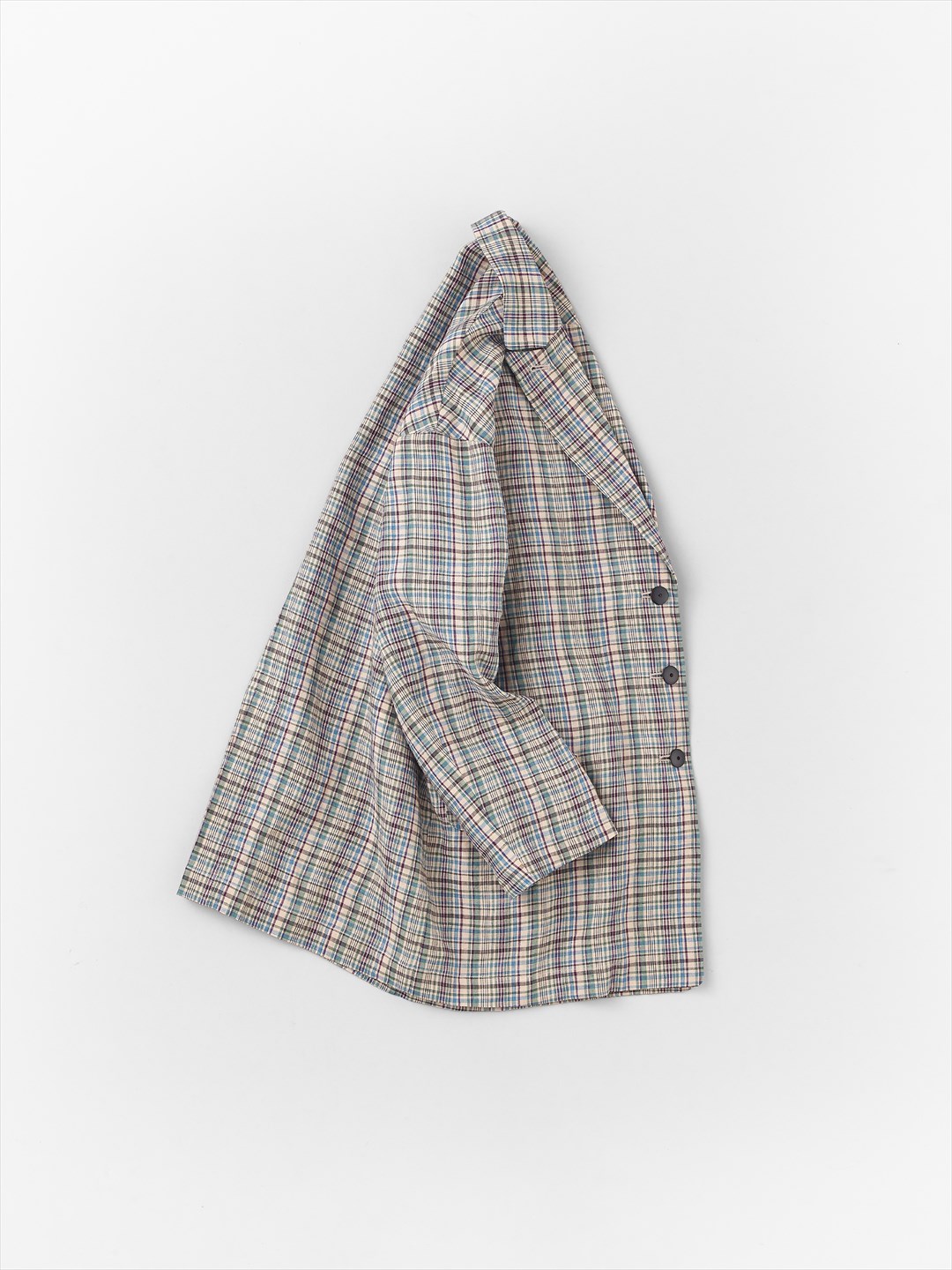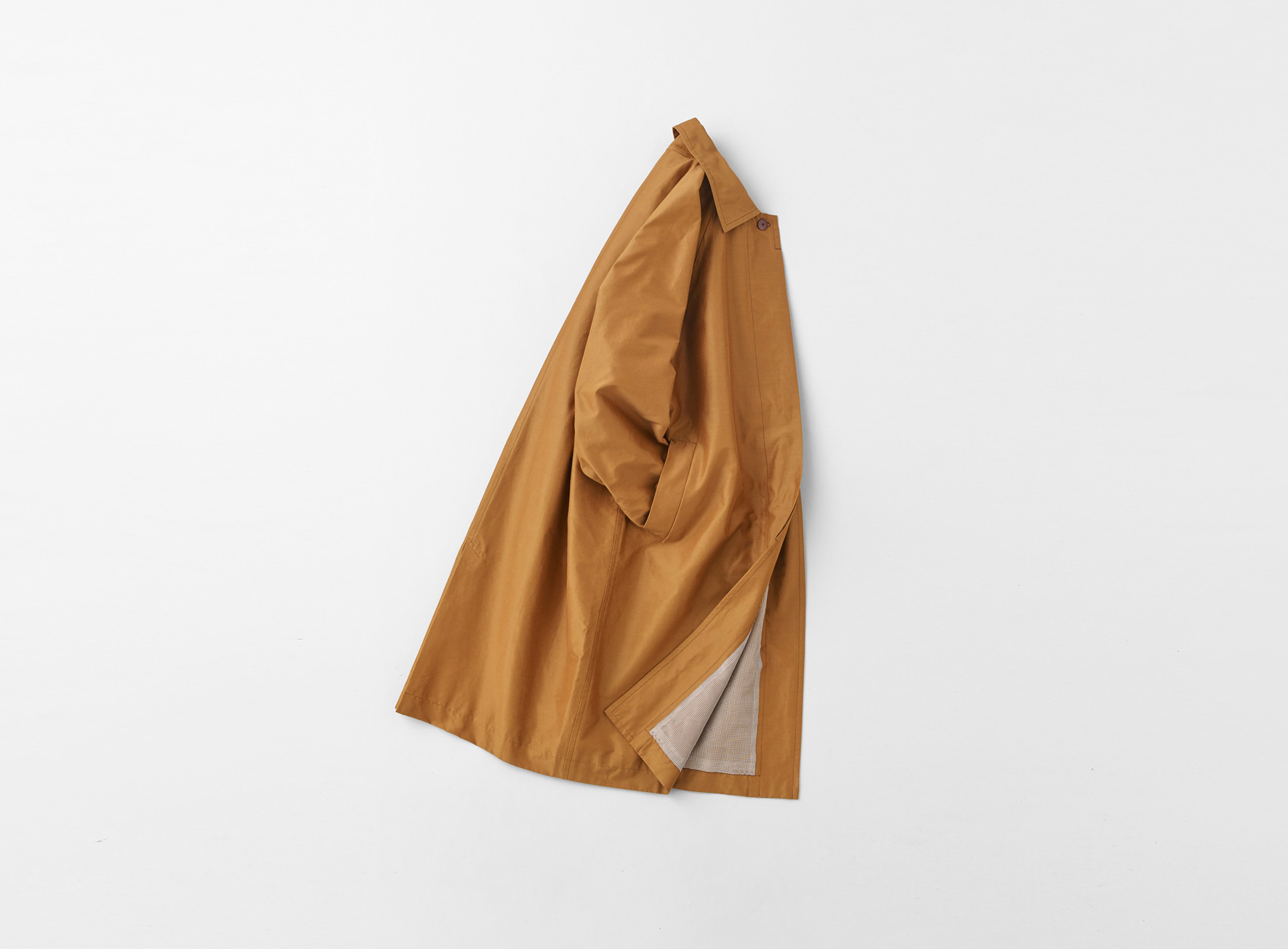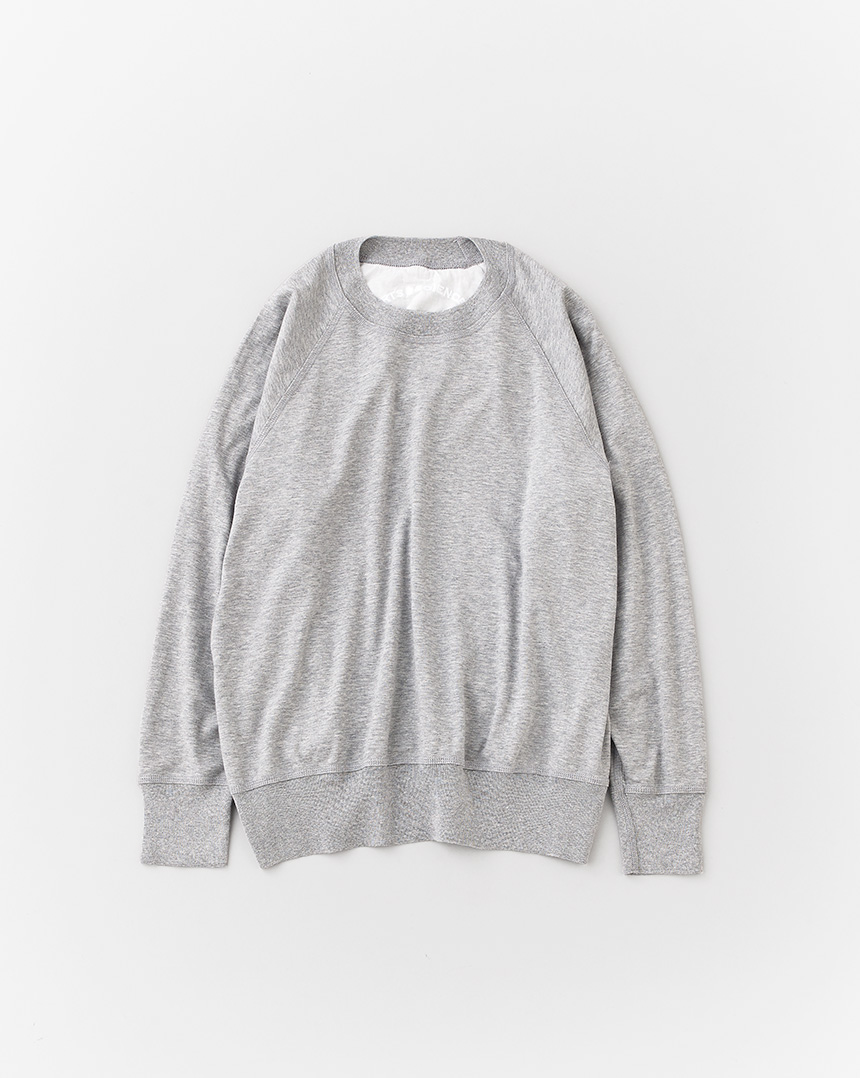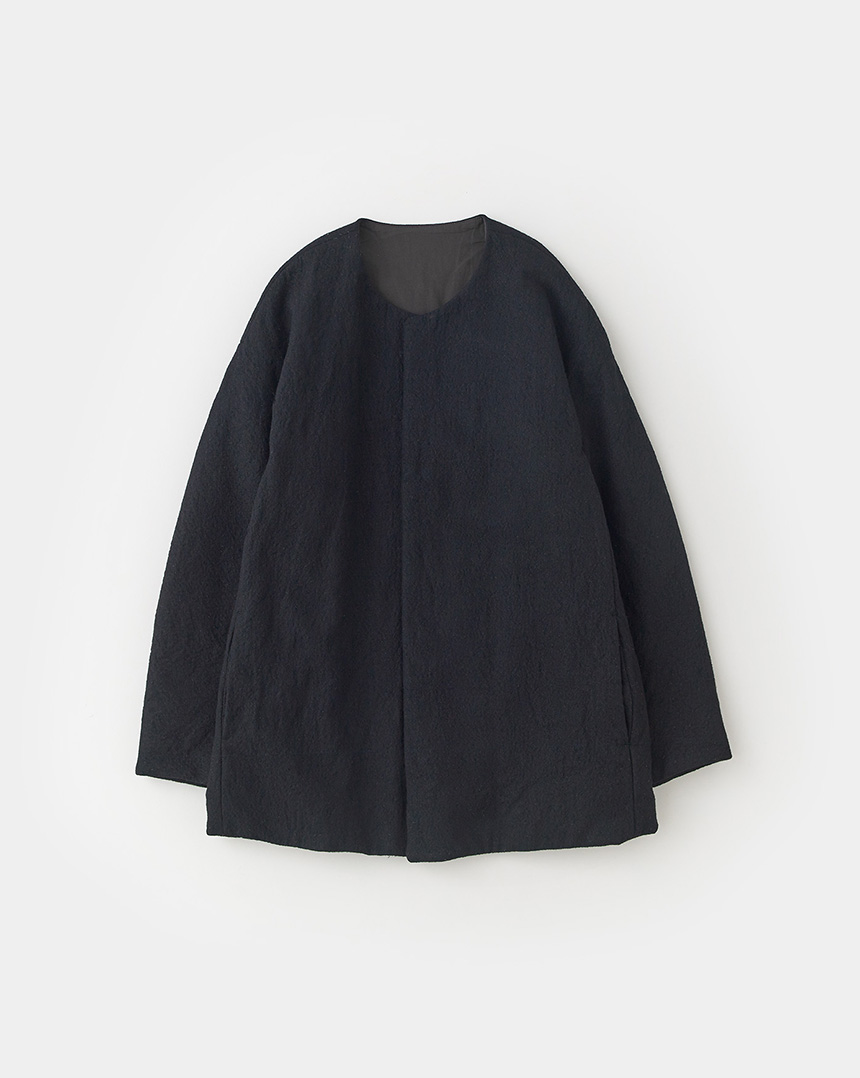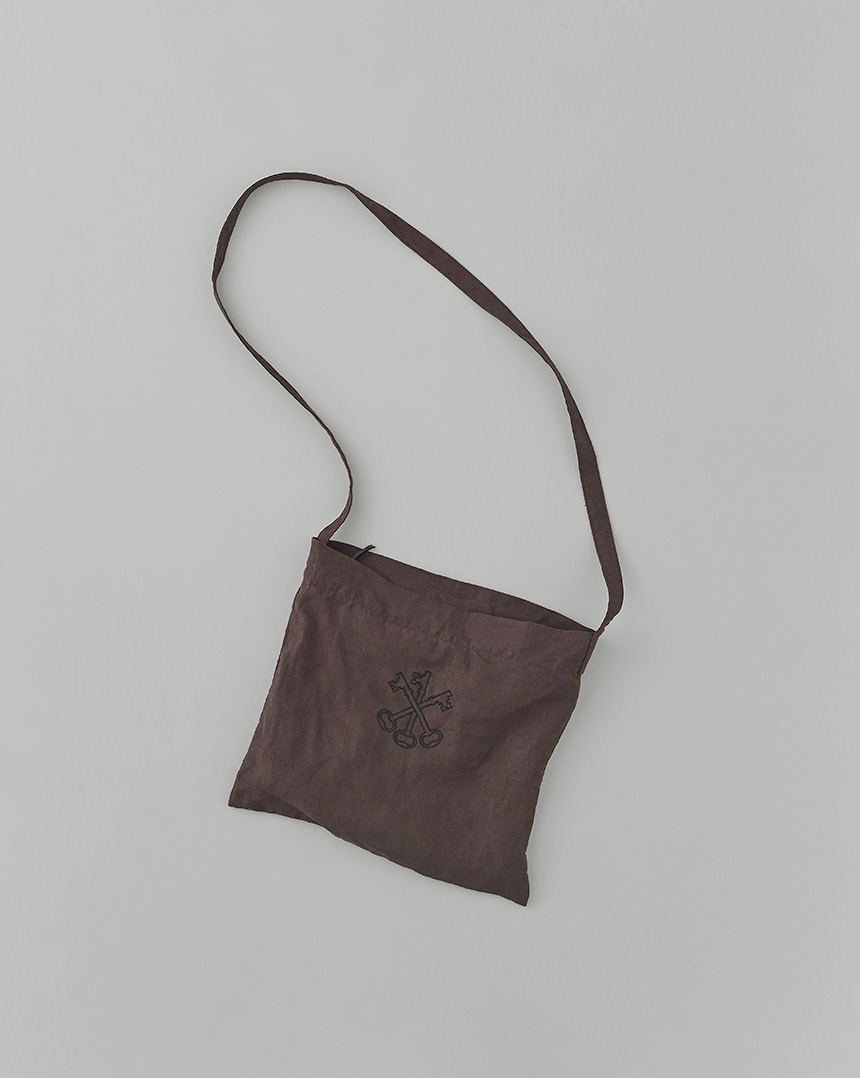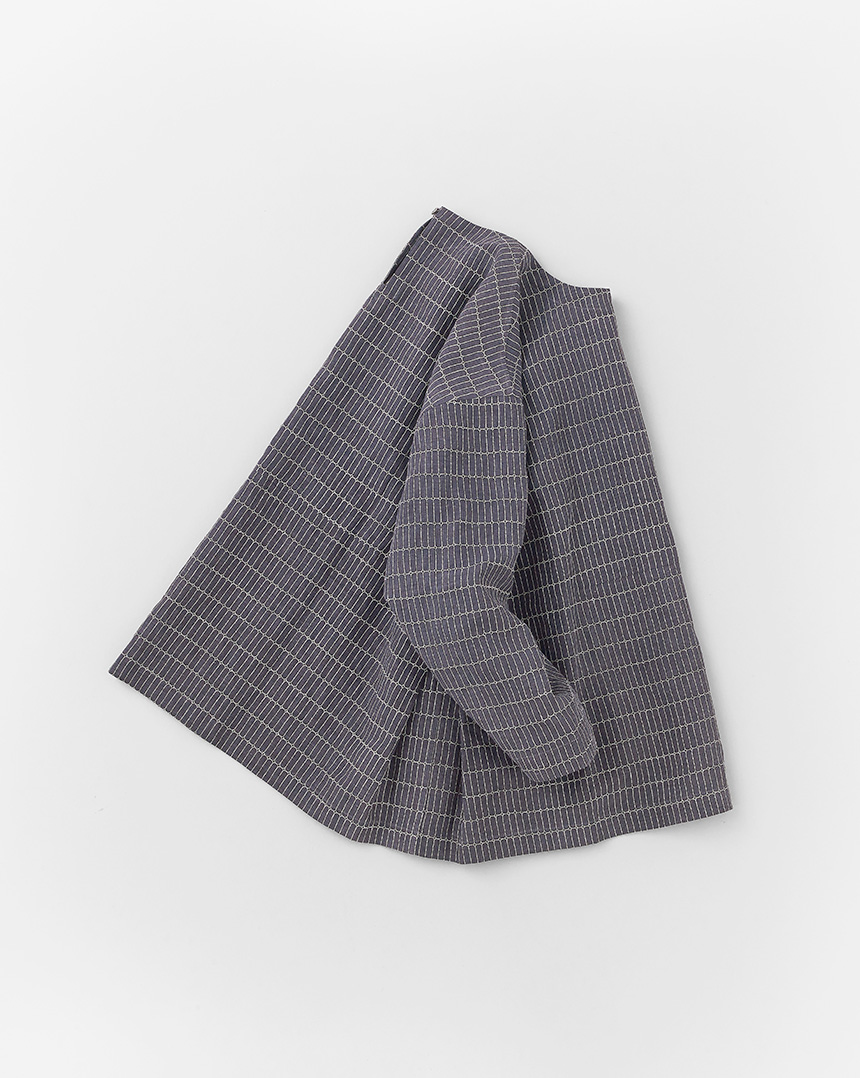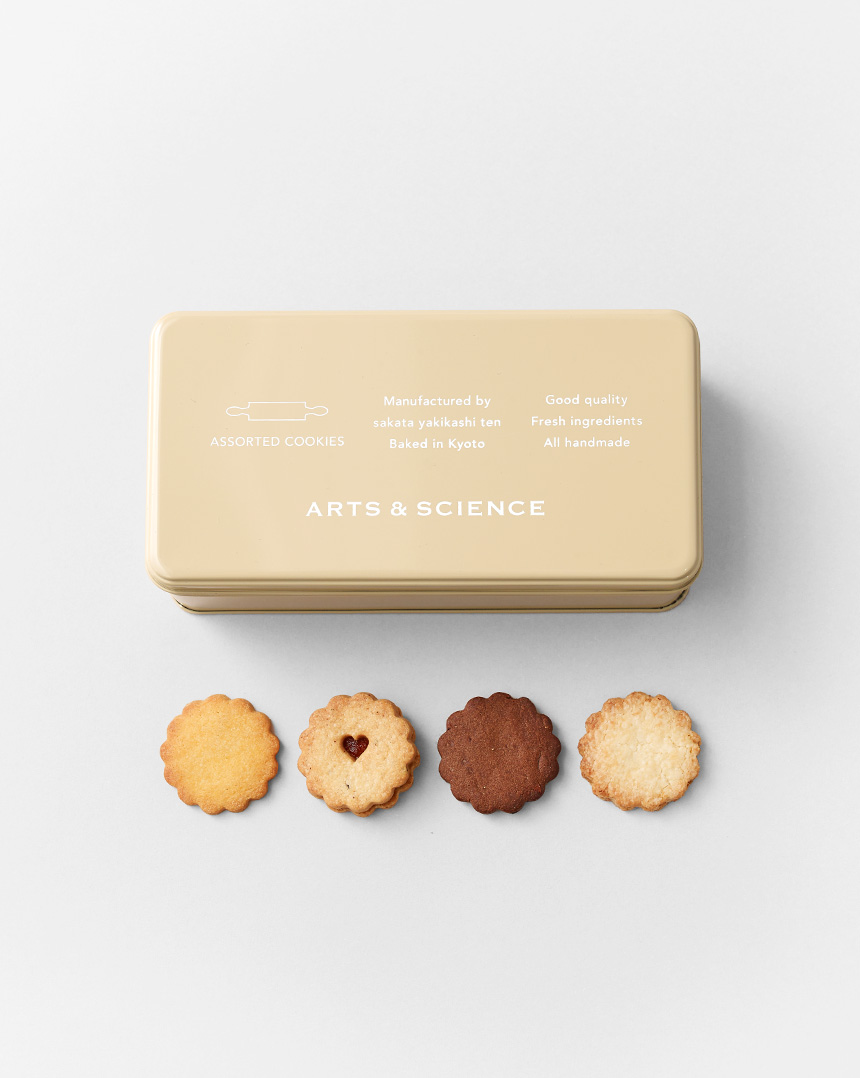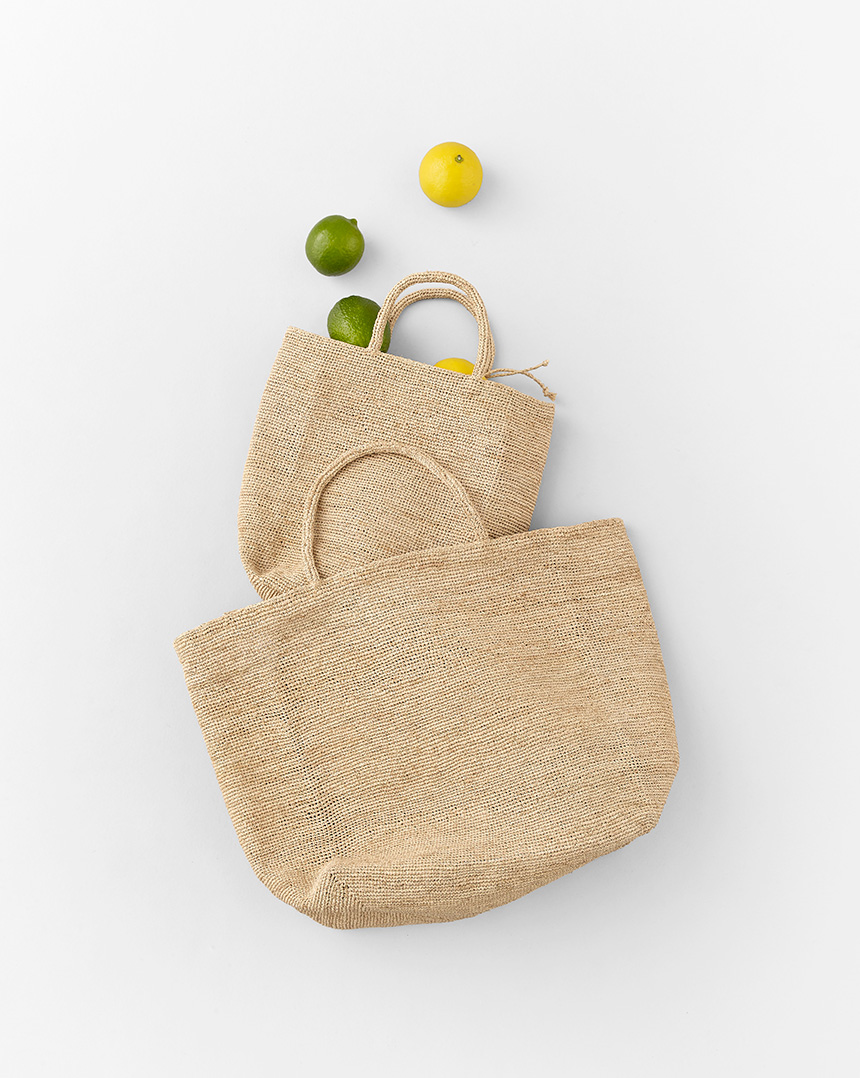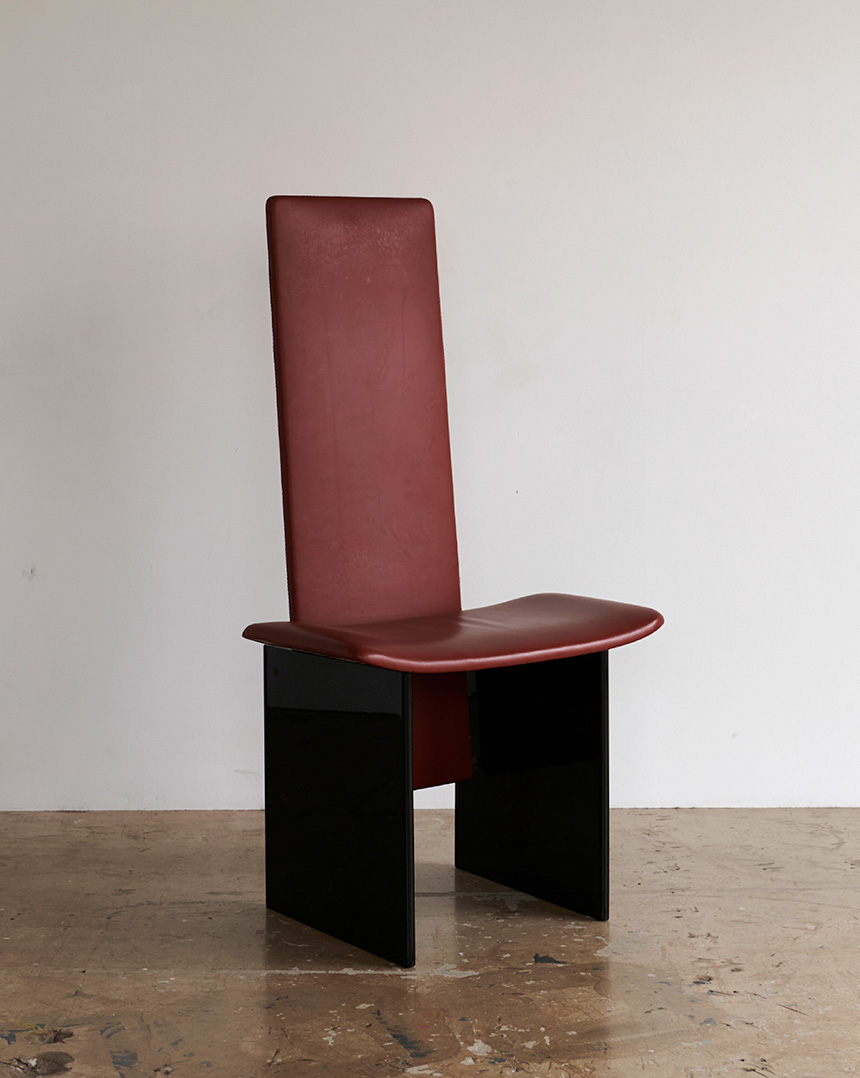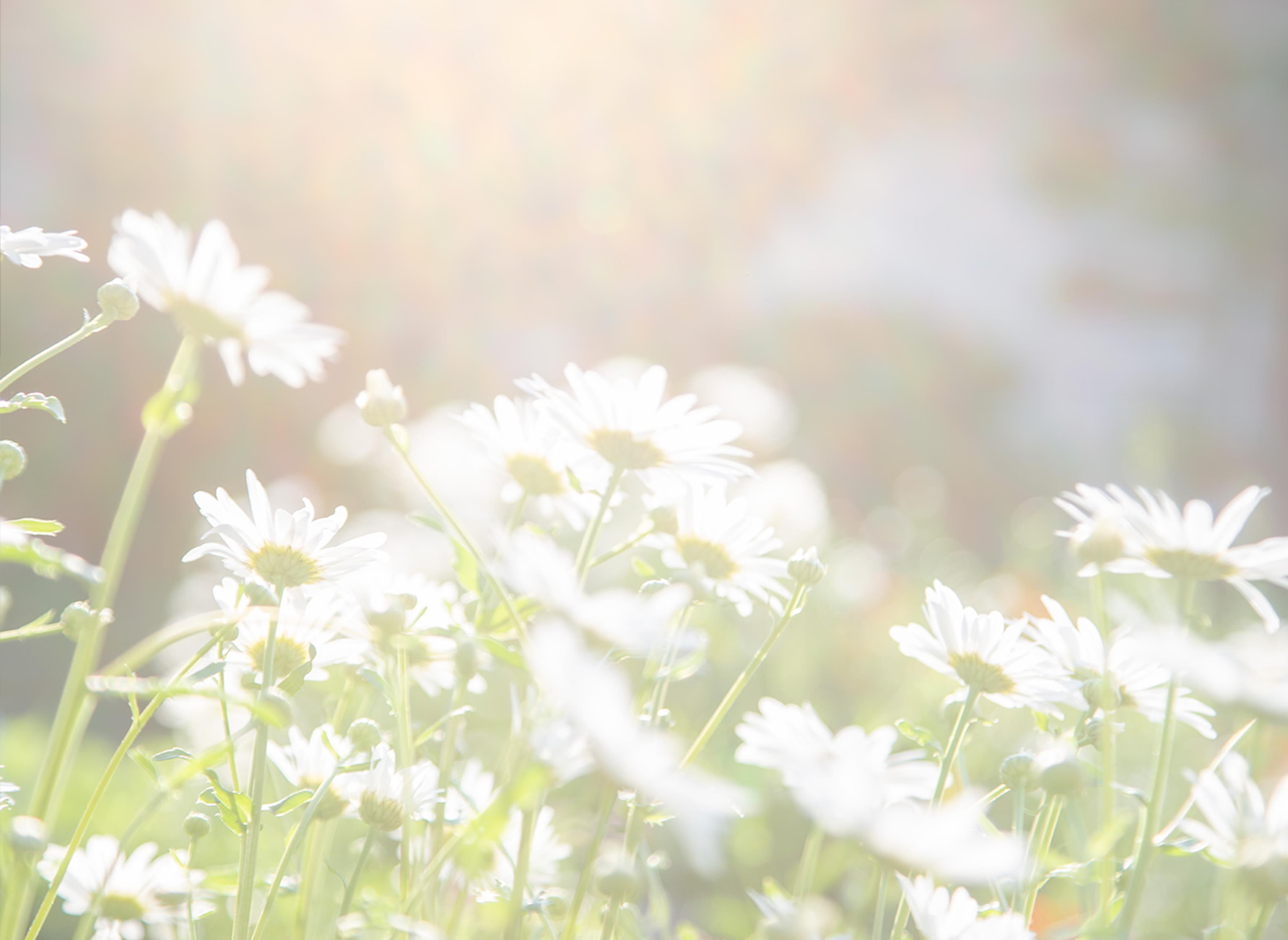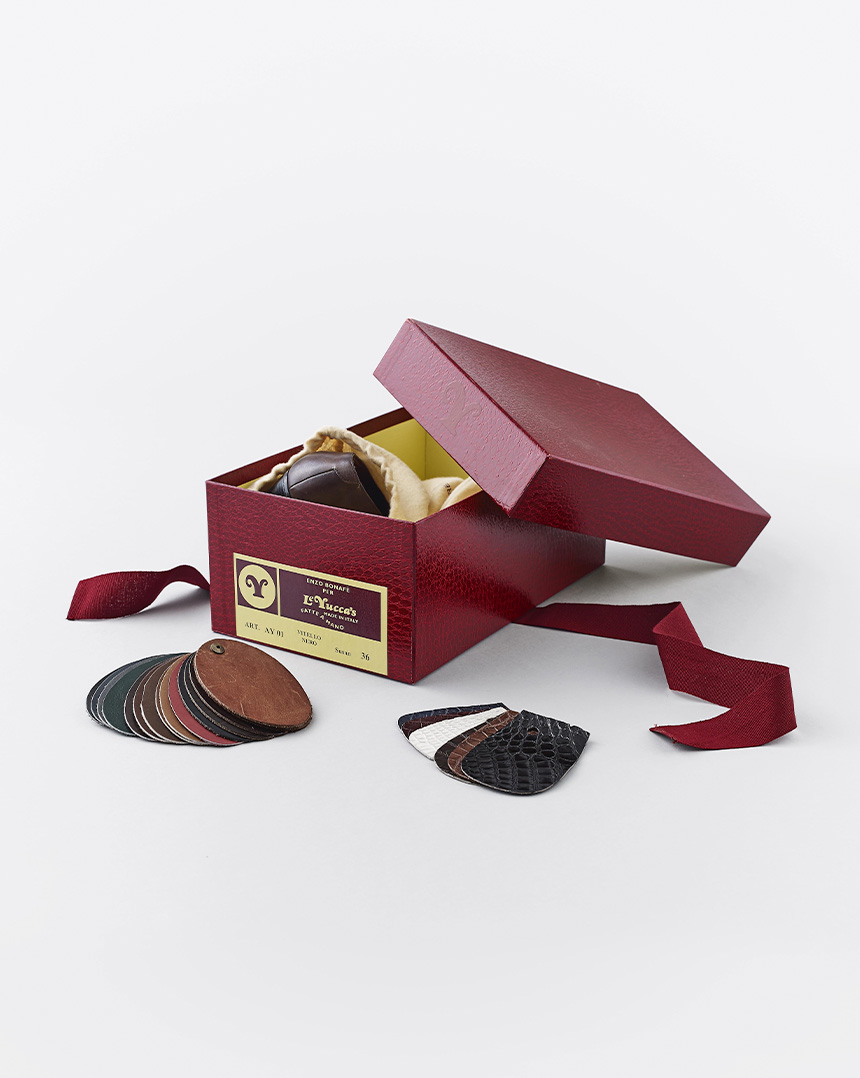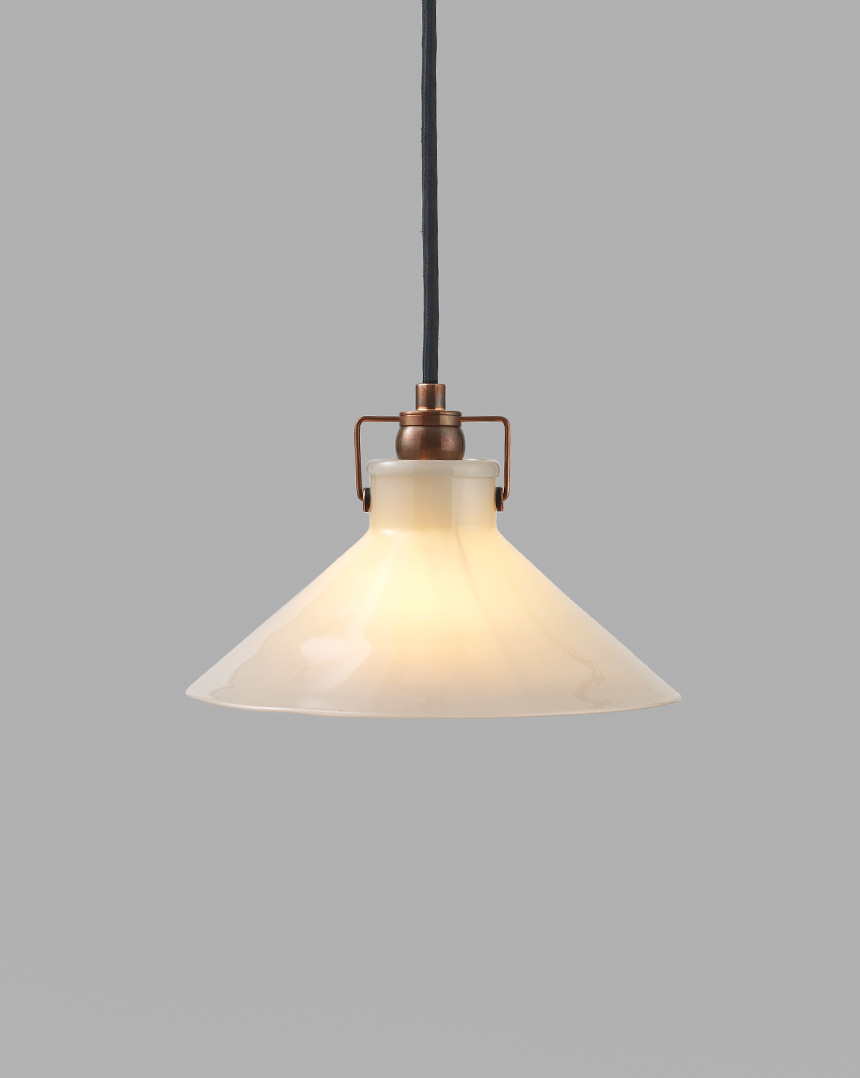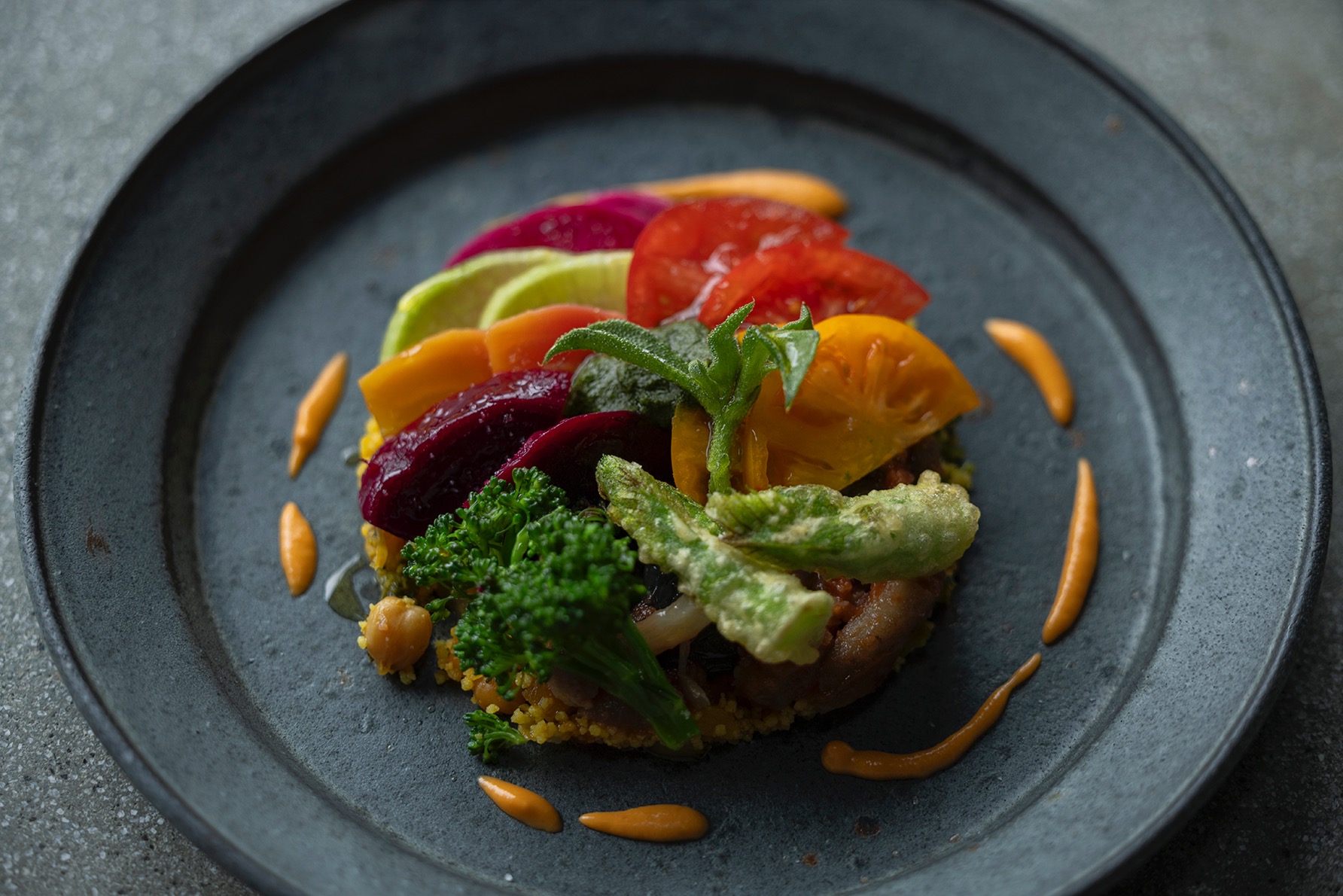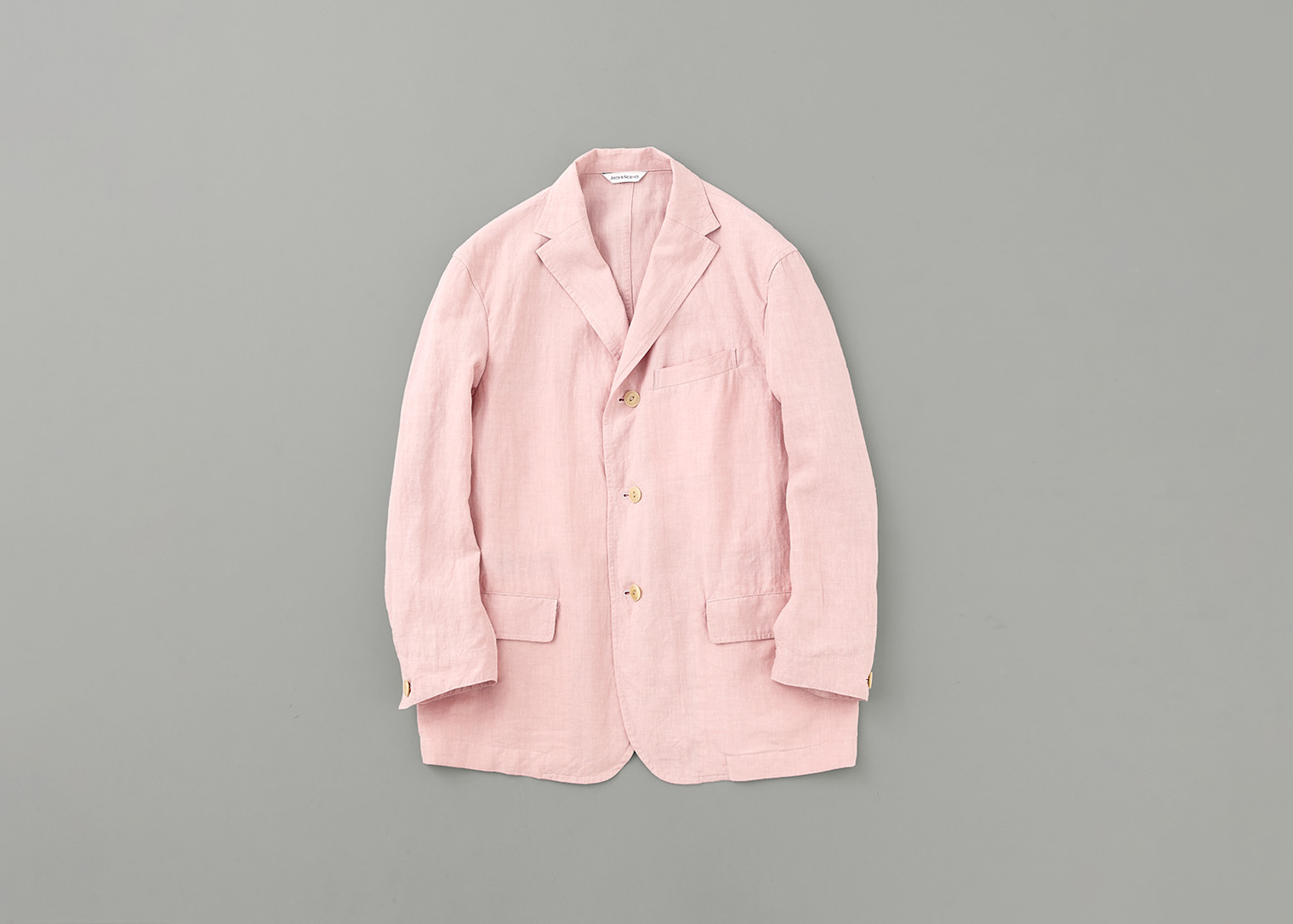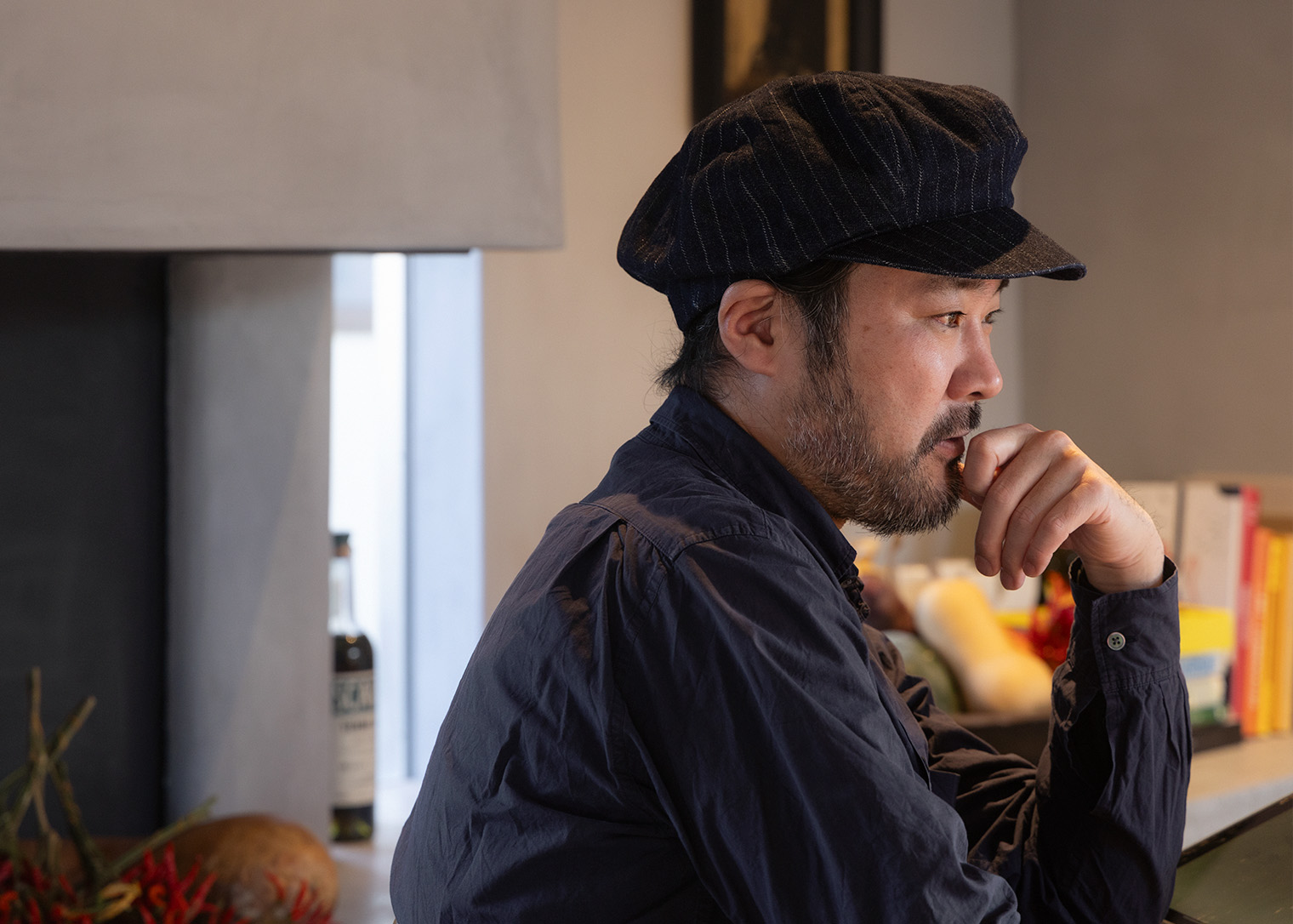About

Our thought
The balance between [beauty] and [functionality] is paramount.
Comfortable, delightful, and pleasing to the touch.
Functional, elegant, practical, just right.
Simultaneously, all these essential factors should exude beauty.
It is this balance that truly matters.
The store is a stage, a sanctuary.
At all times, it is beautifully and elegantly arranged.
This space, like a living entity, thrives with daily nurturing,
Alongside the creators, users, and those who gather within.
Clothing that seems to be everywhere, yet remains elusive.
When you look for it, it isn’t easily found.
Yet somehow, your hand instinctively reaches for it in the closet.
And the final piece to complete it is the wearer of the garment.
Everyday objects that soothe the mind, stir the soul, and enrich the surroundings.
Your home is your castle where you can do as you please.
A space where you can fully embrace joy and relaxation without concern for the judgement of others.
It is the everyday items and tools within this daily tableau that truly resonate with the heart.
A new relationship with craftsmanship, artisanry, and the world of art.
Things that can only be created by human hands.
Things that can only be expressed through exceptional craftsmanship.
Things that blur the line between art and craft, enriching our lives in the process.
A comprehensive perspective on food.
Nature's bounty, something both ordinary and extraordinary.
The perfect balance in the daily indulgence of life’s pleasures.
In every facet of life – food, clothing, and shelter.
History
-
May
-2003
The first ARTS & SCIENCE shop opens in Daikanyama, Tokyo.
-
Dec
-2004
ARTS & SCIENCE Aoyama, our shop focused on women's clothing, opens in Tokyo.
-
Jun
-2006
SHOES and THINGS opens in Tokyo.
-
Mar
-2007
The first A&S original clothing line is launched with our 2007 Autumn/Winter Collection.
-
Apr
-2007
ARTS & SCIENCE Marunouchi opens on the first floor of the Shin-Marunouchi Building in Tokyo.
-
Jan
-2009
MENʼS SHOP opens in Tokyo with a collection based on a genderless/unisex theme, to be reconceived and re-opened as &SHOP Aoyama in 2012.
-
Nov
-2009
OVER THE COUNTER, a shop focusing on daily necessities, opens in Tokyo.
-
Aug
-2012
DOWN THE STAIRS opens in Tokyo, offering food products, a daily menu, and a guest chef program.
-
Feb
-2015
ARTS & SCIENCE Kyoto, the first A&S shop in Japan to be located outside Tokyo, opens in Kyoto.
-
Oct
-2016
HIN Arts & Science, featuring Japanese and international products produced by master craftspeople, and &SHOP Kyoto, a shop with a genderless theme, open simultaneously in Nijo-dori Kyoto.
-
Oct
-2018
CORNER, a nook-like space for shoes and accessories, opens in Kyoto.
-
Nov
-2018
ARTS & SCIENCE Daikanyama, focusing on home & basics, opens in Tokyo.
-
Nov
-2019
ARTS & SCIENCE Aoyama, our women’s flagship store in Tokyo, reopens with a renewed and updated focus.
-
Oct
-2021
ARTS & SCIENCE Fukuoka opens as the first A&S shop based in Kyushu prefecture.
-
Oct
-2023
ARTS & SCIENCE Zaimokuza, Kamakura and 2ND FLOOR open at the same time.
Company
-
Company name
Arts & Science Co., Ltd.
-
Company address
6-6-20 Minami Aoyama Minato-ku Tokyo 107-0062
-
Telephone
+81-3-3498-1093
-
Representative
Sonya Park
-
Established
1997
